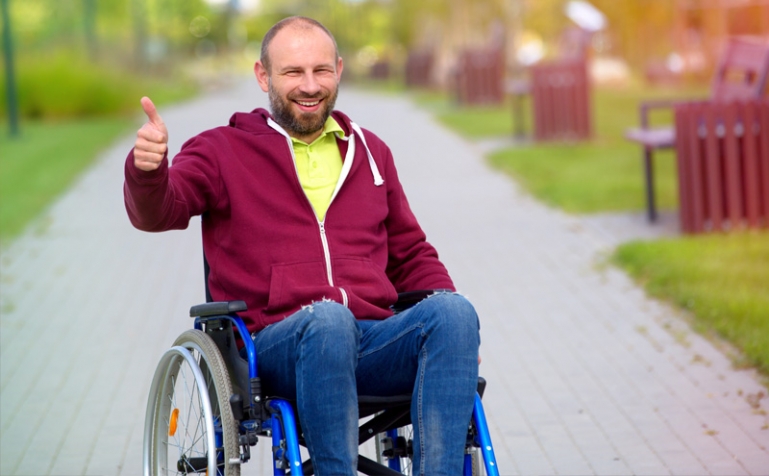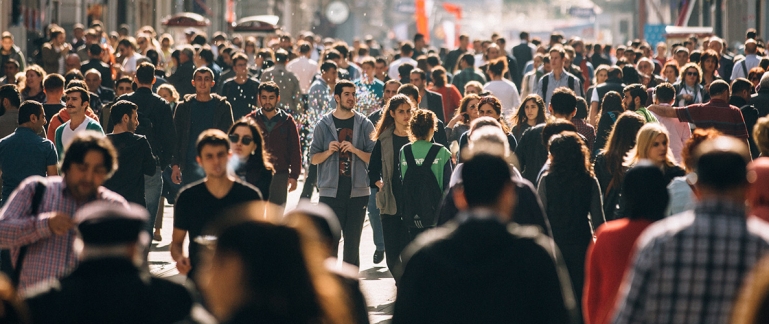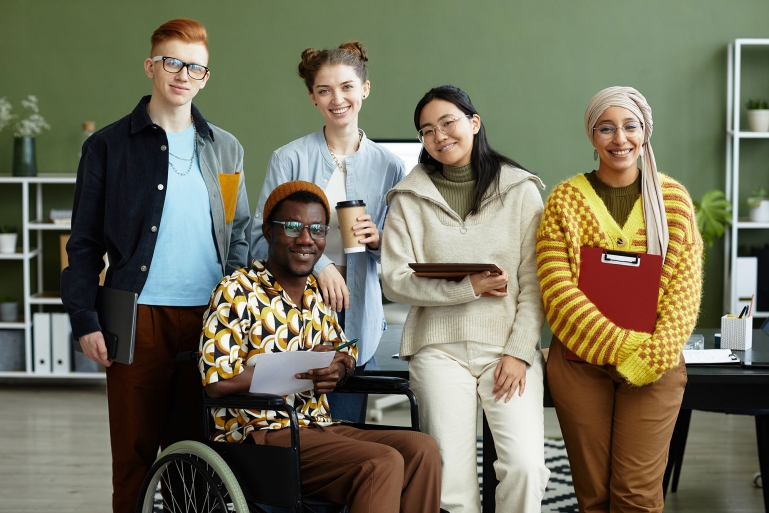2023 Annual Report - Community Engagement

2023 Annual Report - Community Engagement
Advocacy Victories Community Engagement
Advocacy Victories Community Engagement
Community Engagement Throughout the Year
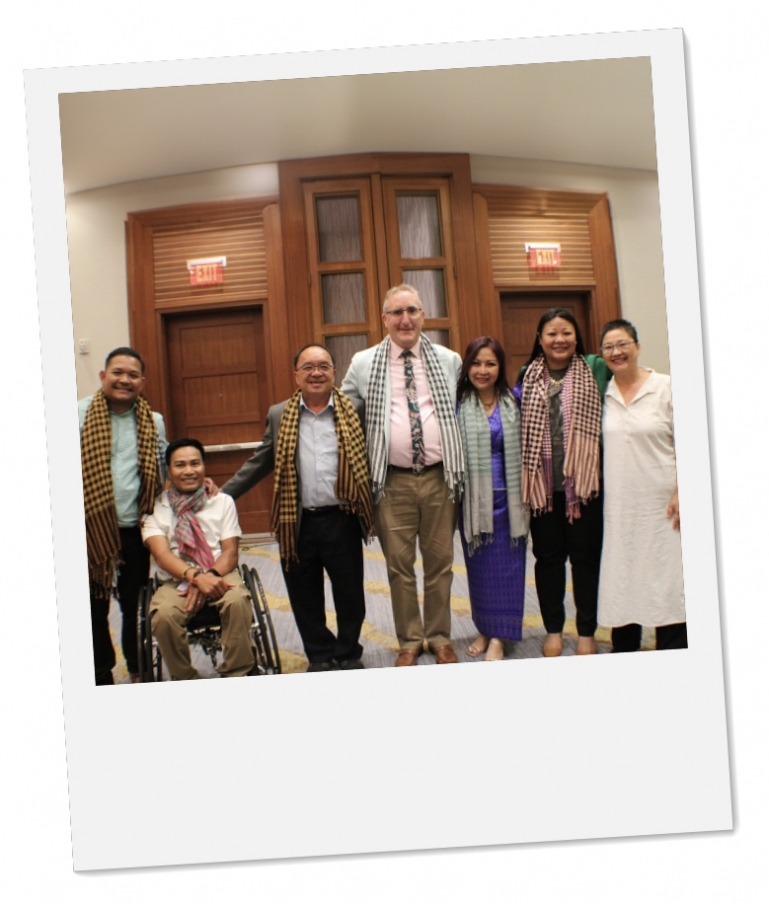
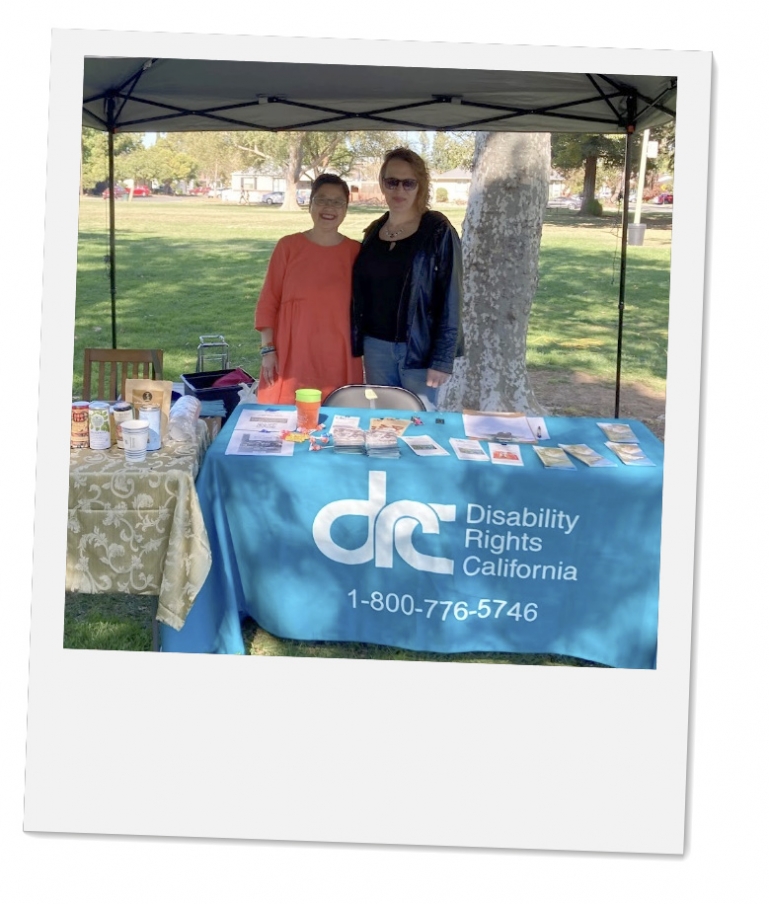
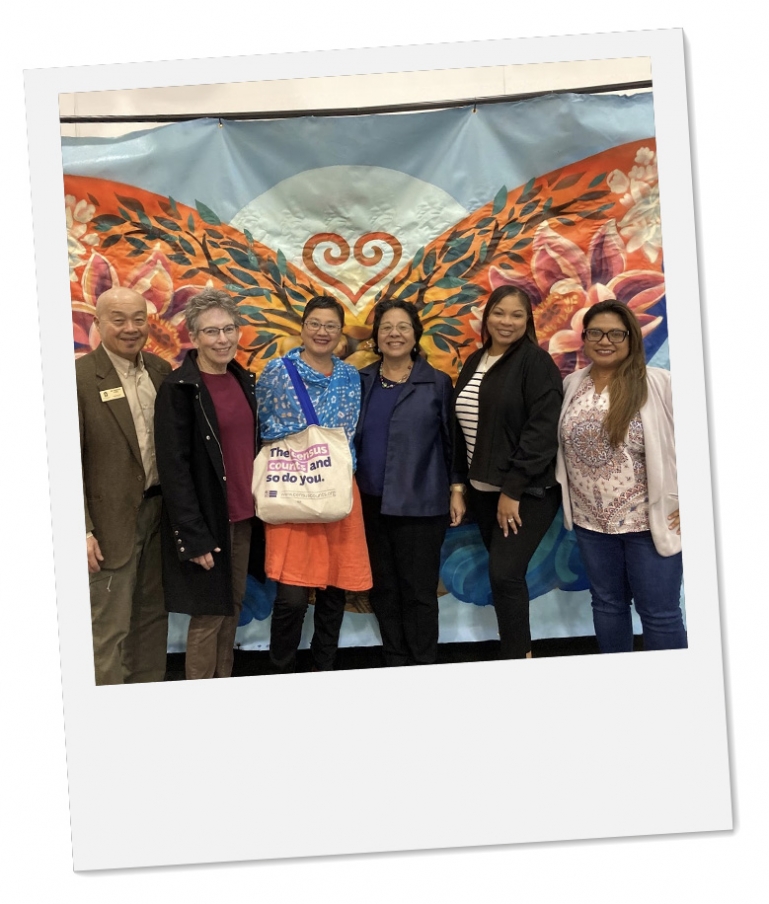
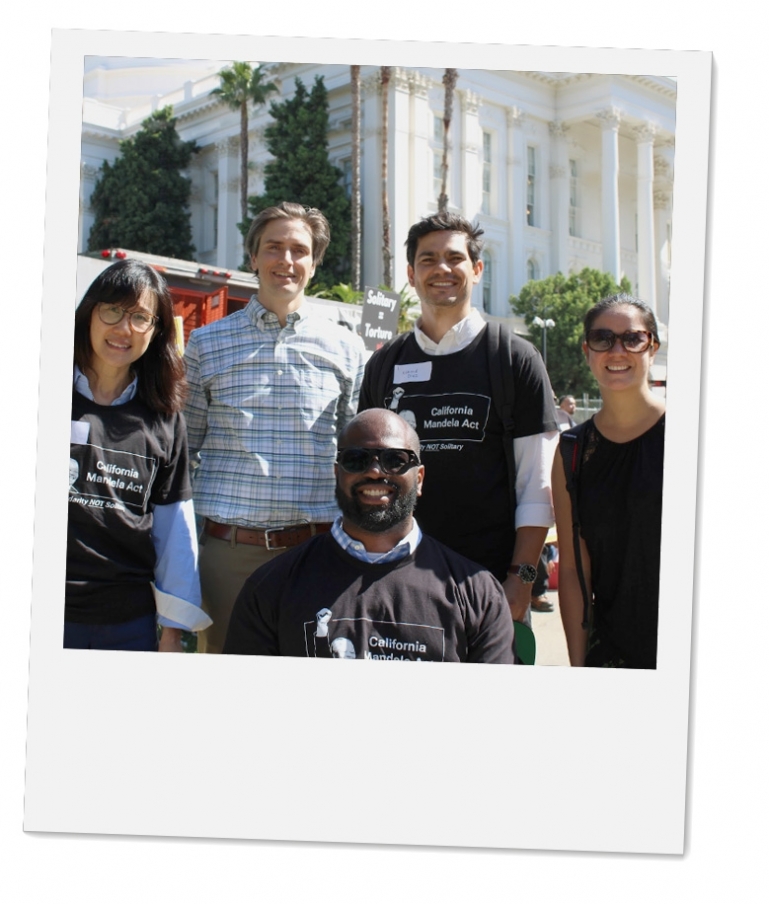
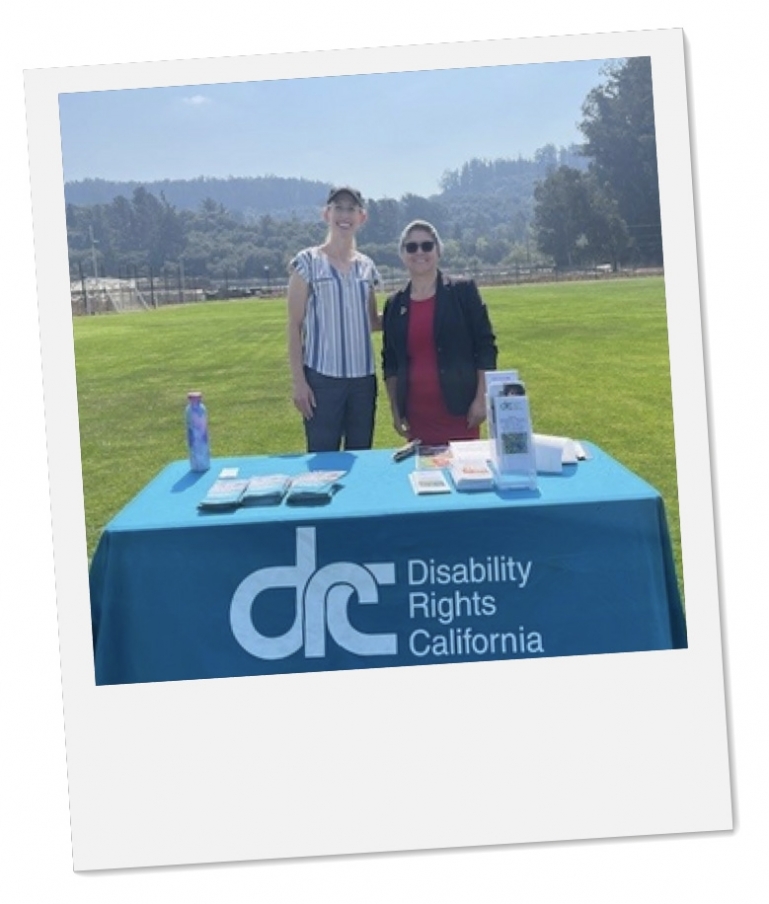
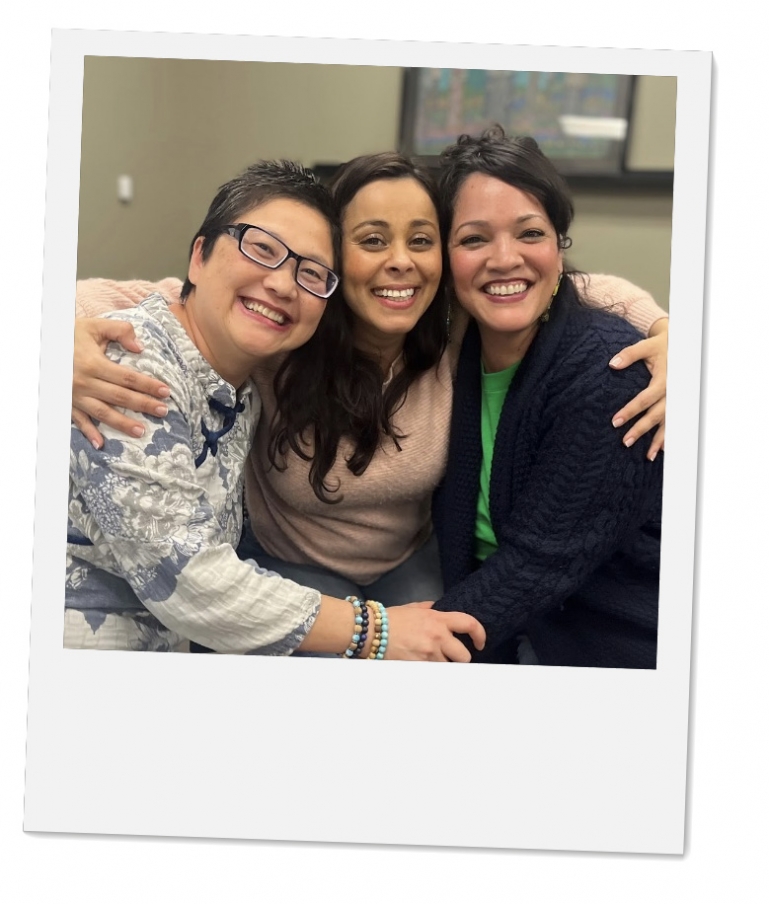
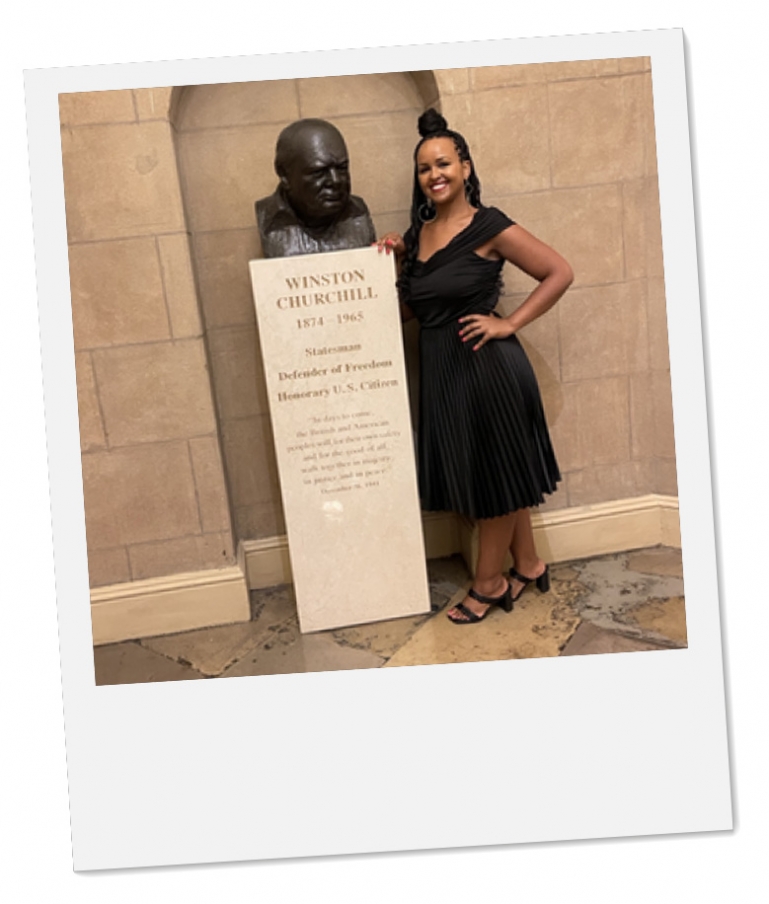
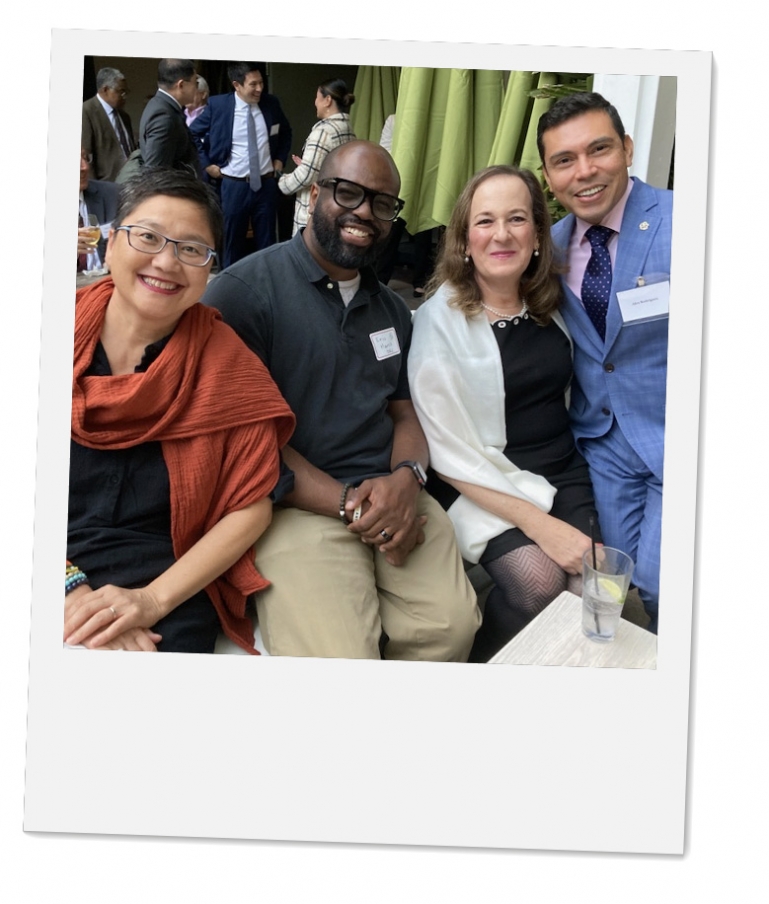
DRC Discussing U.S. Census & Impact for the Disability Community
Disability Rights California (DRC) hosted the Director of the U.S. Census Bureau at our Sacramento office in August 2023 for a conversation about disability access and equity with disability leaders from across the state.
The goal for the meeting was to provide the director and their leadership team with the opportunity to meet with disability leaders who worked to ensure there was a completed count of people with disabilities in California for the 2020 census. Leaders at the meeting represented a diversity of disability experiences.
People with disabilities make up 22 percent of Americans, and data collected in the U.S. census is crucial for determining how billions of dollars in federal funding is distributed to key programs that directly benefit the disability community. DRC and our community partners worked to ensure that the 2020 census accurately counted members of the disability community through advocating for accessible options to complete the census and addressing the barriers to being counted.
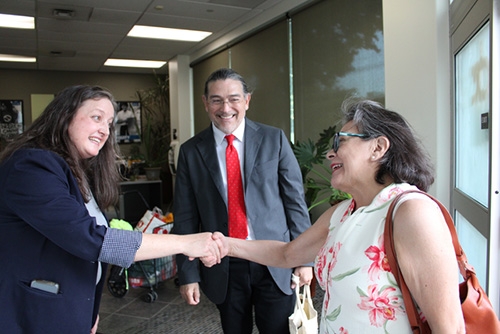
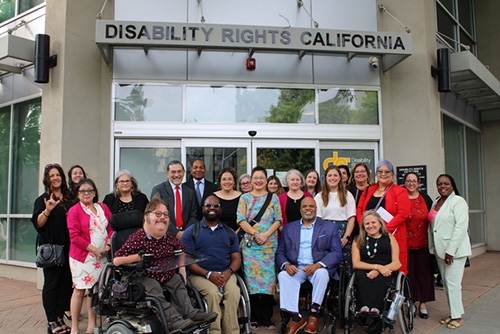
Disability Rights California (DRC) Housing Stability Project (HSP) Bridges the Gap for People with Disabilities
Millions of renters with disabilities are cost-burdened, and 4 million people with disabilities pay more than 50 percent of their income on rent. These gaps can lead to people needing help right away to fight things like unsafe or inaccessible housing conditions, evictions, or rental increases.
To support people with disabilities facing housing-related issues, Disability Rights California (DRC) Housing Stability Project (HSP), bridges the gap for people with disabilities who have questions or problems with housing. Rather than filing lawsuits, the HSP is made up of social workers, advocates, and attorneys who support clients by providing advice and sharing tools and services that they can take and use for themselves.
The HSP focuses on the self-advocacy model, which emphasizes that people with disabilities and their support systems are best served through empowered support, rather than overpowering control. It also emphasizes preventative legal help so that callers have access to the knowledge and resources to avoid their issues becoming emergencies that can be much more difficult to resolve.
Client Success and Looking Forward
A DRC client who has a disability and children with disabilities owed rental payments from previous months and was also facing an increase in rent from her landlord.
Robyn Ayres, a senior social worker with HSP was able to connect the client to services and connect her with an agency who helped pay a portion of her back-rent.
Robyn said it was a “great experience” to play a role in helping the client stay in her home and overcome a challenging situation.
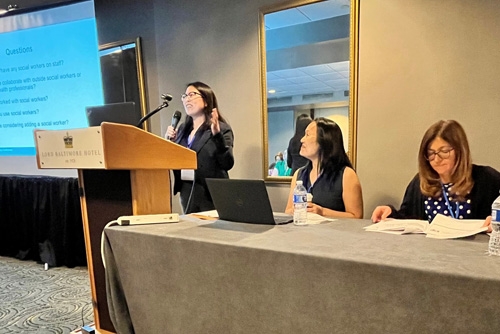 DRC leading an outreach event.
DRC leading an outreach event.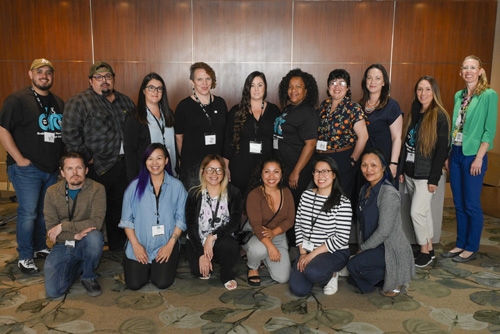 DRC's Housing Stability Project team members.
DRC's Housing Stability Project team members.Disaster Training for People with Disabilities
Disability Rights California staff attorney Jordan Davis created a disaster preparedness training for regional center clients. The training is in partnership with Department of Developmental Services to serve regional center clients who live in high fire-hazard areas. Davis hosts the training virtually, and it’s offered in-person training at regional centers on a case-by-case basis. Live virtual trainings offered Spanish and ASL interpreters.
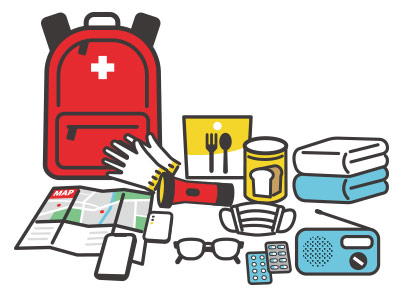
The training breaks down basic emergency preparation, easy ways to get started with disaster planning, and reviews the items participants will receive in an emergency go-kit. Davis, who joined DRC as an Equal Justice Works Fellow in the Disaster Resilience Program, said that so far, the training has reached 1,000 people who receive regional center services.
People with disabilities have specific needs when it comes to preparing for natural disasters, yet they are often considered an afterthought, if considered at all, when it comes to disaster preparation. The training helps to bridge the gaps that often leave people with disabilities out.
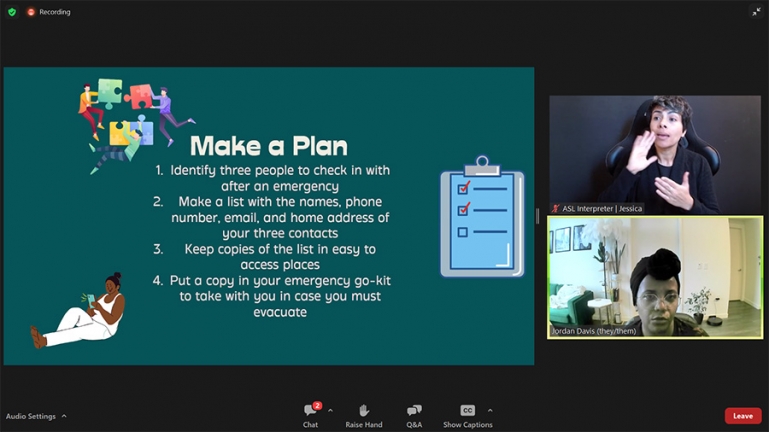 DRC staff, Jordan Davis hosting virtual disaster training.
DRC staff, Jordan Davis hosting virtual disaster training.More information about disaster preparation here

